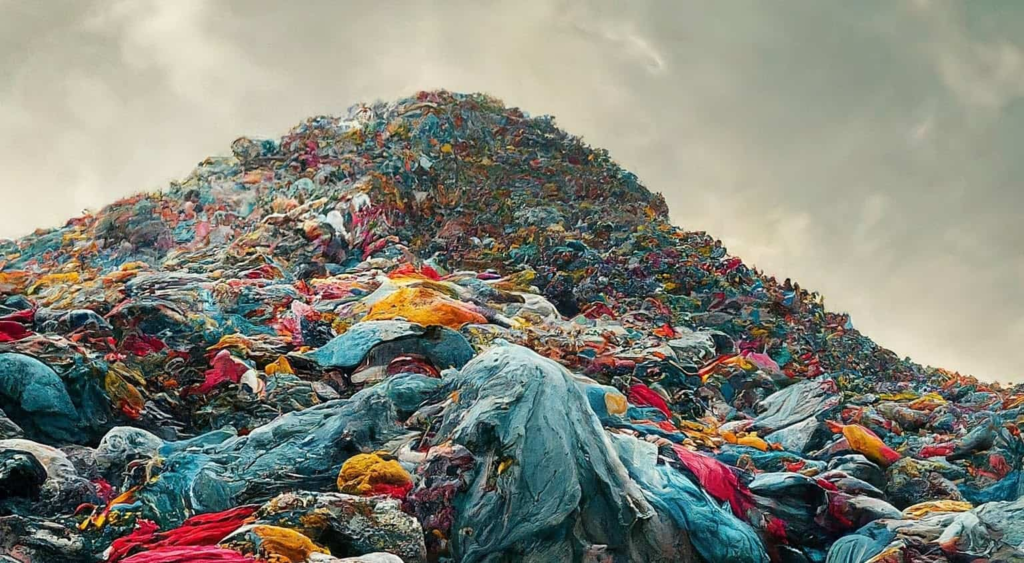
In response to the alarming environmental footprint of fast fashion, France has taken a groundbreaking step towards regulating the industry and promoting eco-friendly practices. Recently, a unanimous decision by the French parliament resulted in the passing of a law aimed at slowing down the wasteful operations of fast fashion giants.
Under the new legislation, companies producing a high volume of low-cost garments will now be obligated to disclose detailed information on the environmental impact of their products and prominently display recycling messages on their websites. Failure to adhere to these regulations could lead to hefty fines of up to $16,000.
Furthermore, an innovative eco-scoring system will be implemented to evaluate fashion brands based on sustainability criteria. Brands that fall short of these criteria may face penalties of up to $10 per item by the year 2030. Additionally, advertising of fast fashion will be banned starting from 2025.
The move has been widely praised by sustainable fashion advocates who view it as a vital measure in curbing the excessive waste generated by the fast turnover of fashion trends. Local designers who prioritise responsible apparel production are expected to benefit from this increased emphasis on textile sustainability.
While the initiative has garnered support for its progressive stance, some experts have raised concerns about the leniency of the threshold set for defining fast fashion. There are also differing opinions on the proposed penalties, with calls for more stringent compliance measures.
Given France’s influential position in the fashion world, these regulations could have a significant impact on consumer behaviour if adopted across Europe. The key challenge moving forward will be finding the delicate balance between business interests and environmental responsibilities to fulfil the climate commitments of the fashion industry.
